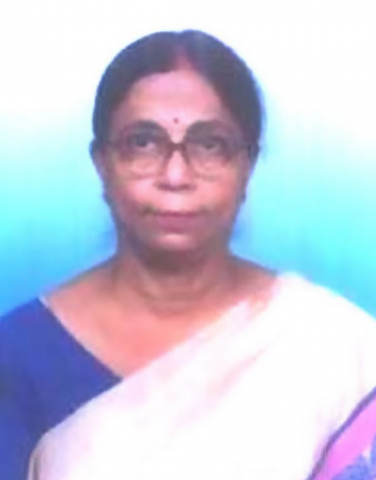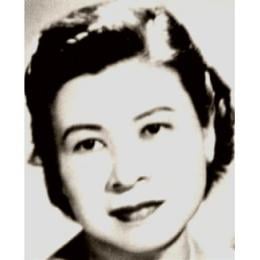The molecular biology pioneer of India
Maharani Chakravorty ( 1937 - 2015)
India

Maharani Chakravorty (1937 – 2015) was one of India’s earliest molecular biologists whose research paved the way for advances in the treatment of bacterial and viral infections. Making strides in the fields of bacterial genetics and virology, Chakravorty’s discoveries included understanding virus reproduction in infected bacterial cells, and establishing that the membrane complex of the bacterial pathogen Salmonella typhimurium is the site of DNA and RNA synthesis. Salmonella typhimurium is a food-borne pathogen that causes diarrhoea, and her work allowed for further investigations of this bacteria at the molecular and genomic levels. Growing up, Chakravorty was inspired to become a scientist by her maternal grandfather who told her stories of scientific discoveries, and her teachers who cultivated her interest in mathematics and science. As a scientist and mother, Chakravorty juggled experiments in the laboratory with raising her young family together with her husband. Undaunted by the unfavourable environment faced by female scientists at the time, she remarked in her biography that “If you are upright and vocal you face many problems in a male dominated academic world.”






